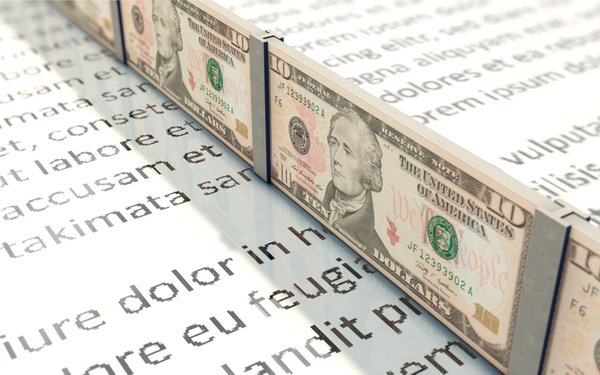
News readers are having an ever-harder time
finding sites without paywalls. And newsrooms that do forego mandatory payment are aggressively seeking donations.
Take the Chicago Sun-Times. The non-profit famously announced
it was dropping its paywall in 2022, but barely a year later said it needed help making up the revenue it has lost with this “experiment.”
Then there’s The Guardian
and Wikipedia, both of which persistently request contributions.
None of these sites directly threaten non-donors with being cut off. Rather, the threat is merely implied.
Part of the problem is that many rural newspapers are operating a financial model dating back to the 1800s, says Teri Finneman, a journalism professor at the University
of Kansas, according to the Florida Phoenix. That ad-based model no longer works in the age of the internet.
advertisement
advertisement
Research by Finneman and her team found that
young people are more willing to donate to a newspaper if they know it is struggling financially, the Phoenix writes.
Meanwhile, the non-profit Salt Lake Tribune is also
hoping to be free to all online readers, but only if supporters pony up $1 million next year.
The Tribune has received a one-to-one challenge grant from local supporters Summer
and Chris Gibson.
“As a nonprofit, we believe everyone should have access to quality, independent news and information,” said Lauren Gustus, chief executive officer and
executive editor of the Tribune, during a fundraising event in Salt Lake City last week.
Gustus added, “Let’s close the gaps in Utah.” Let’s make Tribune
reporting open and free.”
Chris Gibson, who is CEO of Recursion, a biotechnology company, noted that he and his wife Summer, a physician, rely on multiple sources of
data to make their decisions.
The model now being pursued promises a “one click” entry to the news for Utahns, Gibson says.
“It
doesn’t mean we have to agree with everything that’s written,” Gibson adds. “But having high-quality, high-integrity journalism that looks at multiple sides of different
stories, … that’s pretty essential for society.”
All praise is due these publications for pursuing this risky balancing act. Donate now!